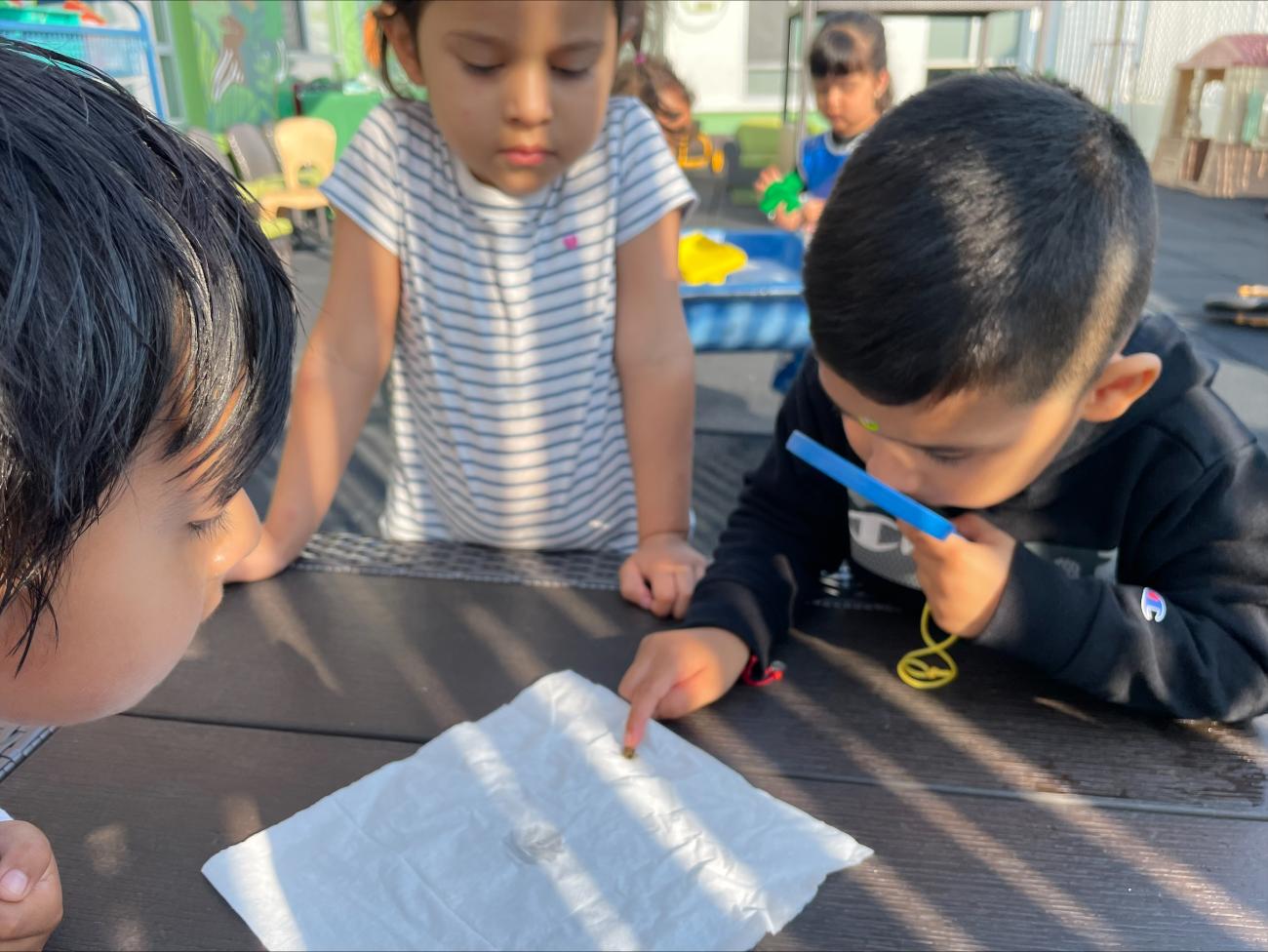
Five GSE projects awarded Community Engagement Impact funds for local collaborations
The Stanford Office of Community Engagement (OCE) selected five Stanford Graduate School of Education (GSE) projects to receive funding through its 2024 Community Engagement Impact Program, which supports initiatives that connect Stanford research and programs with regional needs.
A total of 21 projects led by scholars across campus were chosen this year by a campus community selection committee. All projects are co-created with community nonprofits or public entities.
“The 2024 program celebrates collaborations between Stanford and community organizations that involve listening and understanding the challenges we want to solve together,” said Megan Swezey Fogarty, OCE's senior associate vice president for community engagement. “Trusting relationships matter – and lead to collective results.”
The five GSE projects selected for the award are as follows:
Educating and Engaging Our Community in STEM
Led by: Philip Fisher, GSE professor and director of the Stanford Center on Early Childhood (SCEC); and Kathryn Beauchamp, director of impact evaluation at the SCEC
With community collaborator: Peninsula Family Service (PFS)
The SCEC will partner with PFS to develop, expand, and plan a parent engagement component of PFS’ existing STEM from the Start program. OCE impact funds will support focus groups and workshops, and provide translation services and personnel for all phases of the learning evaluation work.
Engaging SFUSD Stakeholders in Increasing Equitable Access to Schools
Led by: Francis Pearman, assistant professor of education at the GSE; and Irene Lo, assistant professor, and Itai Ashlagi, professor, Stanford School of Engineering
With community collaborator: San Francisco Unified School District
The Stanford Impact Lab on Equitable Access to Education and the San Francisco Unified School District will implement the elementary student assignment policy for the 2026-27 school year. OCE impact funds will support the creation of community engagement materials and tools, compensation for participating families, and funding for research assistants and facilitators.
Fostering Belonging Across the Middle-to-High-School Transition
Led by: Kristin Geiser, deputy director, and Sebastian Castrechini, research associate, John W. Gardner Center for Youth and Their Communities
With community collaborators: Ravenswood City School District, Redwood City School District, and Sequoia Union High School District
Gardner Center researchers will convene staff from all three districts to pilot an agenda that fosters a sense of belonging in the transition into high school. OCE impact funds will support convenings and provide materials, services and stipends for youth researchers from the schools.
Healing and TRANSFORMing Racial Stress and Trauma in Schools
Led by: Farzana Saleem, assistant professor of education at the GSE
With community collaborator: East Palo Alto Academy
TRANSFORM, which stands for Trauma and Racism Addressed by Navigating Systemic Forms of Oppression with Resilience Methods, is a group-based intervention designed to heal and address racial stress and trauma. The current phase of the pilot project will involve about 30 students in a small-scale efficacy study. OCE impact funds will be used to supply TRANSFORM student groups with materials, provide participant compensation, and support the research team.
STEP-Peninsula Bridge Summer Teacher Fellowship
Led by: Ira Lit, professor of education (teaching) at the GSE
With community collaborator: Peninsula Bridge
The Stanford Teacher Education Program (STEP) and Peninsula Bridge will collaborate to support Peninsula Bridge’s summer school programs in San Mateo County. STEP will recruit and support teachers from its most recent graduating classes to serve as educators in the Summer Bridge program. OCE impact funds will partially support six summer STEP teaching fellows, matched by Peninsula Bridge funds, and an instructional coach for the fellows, as well as administrative support.
Faculty mentioned in this article: Ira Lit , Farzana Tabitha Adjah , Francis Pearman , Philip Fisher



